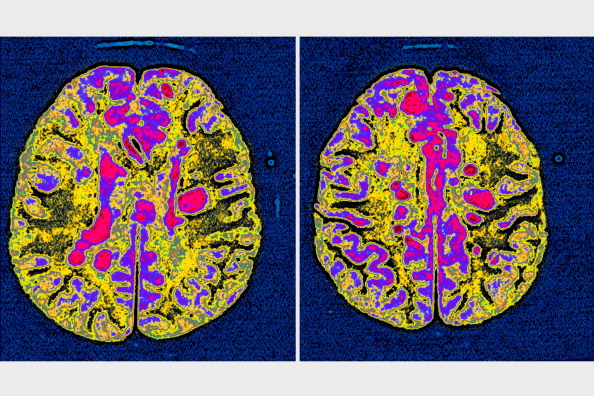A new lymphoma drug seeks to make multiple sclerosis (MS) relapses five times less likely.
According to data released by the National Library of Medicine, about 28 million people wordlwide live with MS, a degenerative disease that affects the brain and spinal cord to cause a wide range of symptoms, including mobility problems, vision problems, and muscle spasms, and numbness.
There are medications available to help slow its progression, but there’s currently no cure for the condition.
But a team of researchers from the Karolinska Institutet and Danderyd Hospital in Sweden wants to change that by adding a new drug to the list of available therapies for the disease.
Named rituximab, the drug is currently undergoing a phase 3 clinical trial, where it helped lower the relapse risk in MS patients by up to 5 times compared to patients receiving the standard treatment drug dimethyl fumarate.
The findings of the study were recently published in The Lancet.
Originally developed to treat lymphoma, rituximab is increasingly being used as an off-label treatment for MS in Sweden.
“We saw the potential of rituximab as both an effective and inexpensive therapy and wanted to collect the best possible evidence for its efficacy. We then wanted to compare it with one of the most effective first-line therapies in order to position rituximab as an effective first-line therapy in MS,” said Prof. Anders Svenningsson, an adjunct professor in the Department of Clinical Sciences, Danderyd Hospital, Karolinska Institutet, chief physician at the neurology clinic at Danderyd Hospital, and first author of the study.
For the phase 3 clinical trial, Prof. Svenningson and his team compared the use of the drug to dimethyl fumarate as a treatment in 195 patients recently diagnosed with relapse remitting MS (RRMS).
The team found that patients treated with rituximab were five times less likely to experience a relapse when compared to the other patient group. What’s more, MRI scans showed that patients treated with rituximab had fewer new MS plaques.
“By preventing relapses to a high degree, we will help patients with MS live as normal a life as possible, and with high likelihood minimize the risk for long-term progression of the disease,” Prof. Svenningsson added.
















